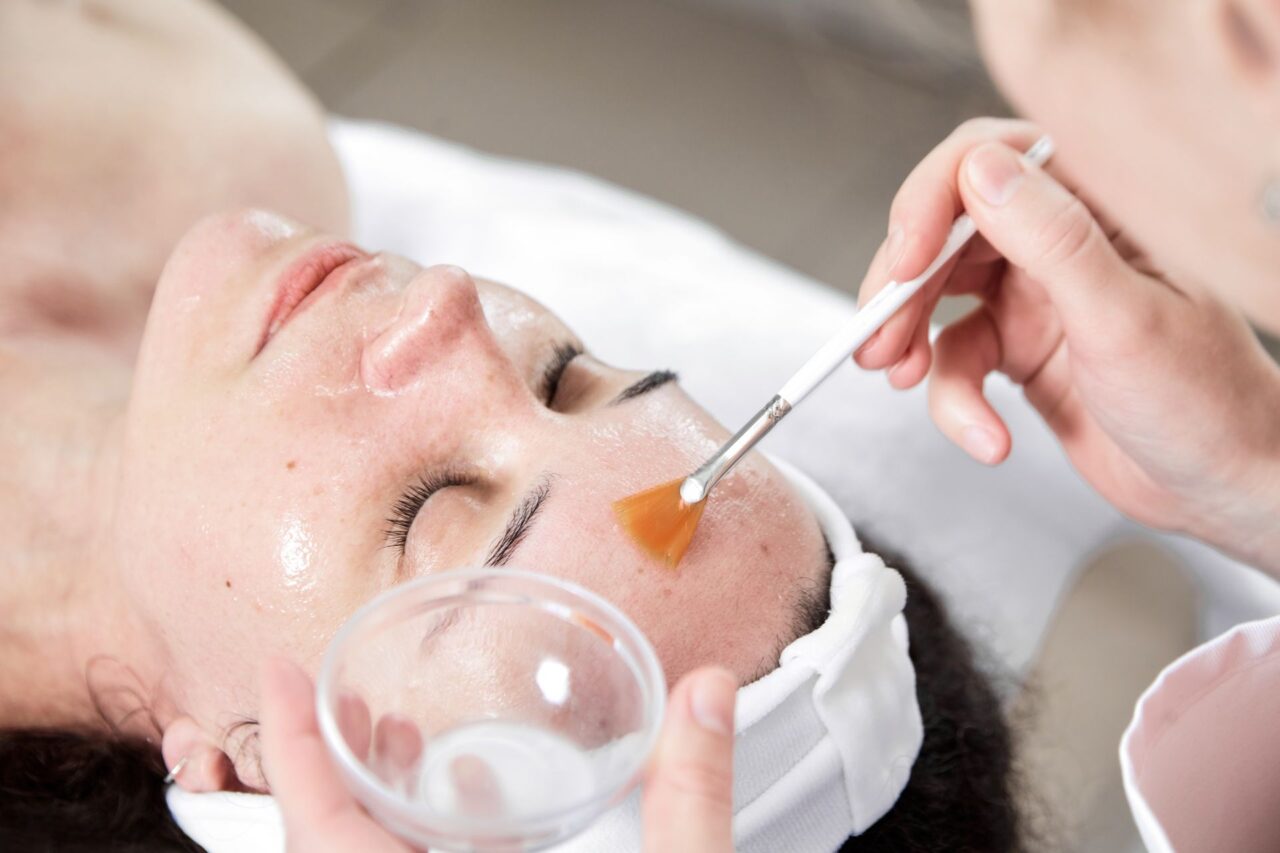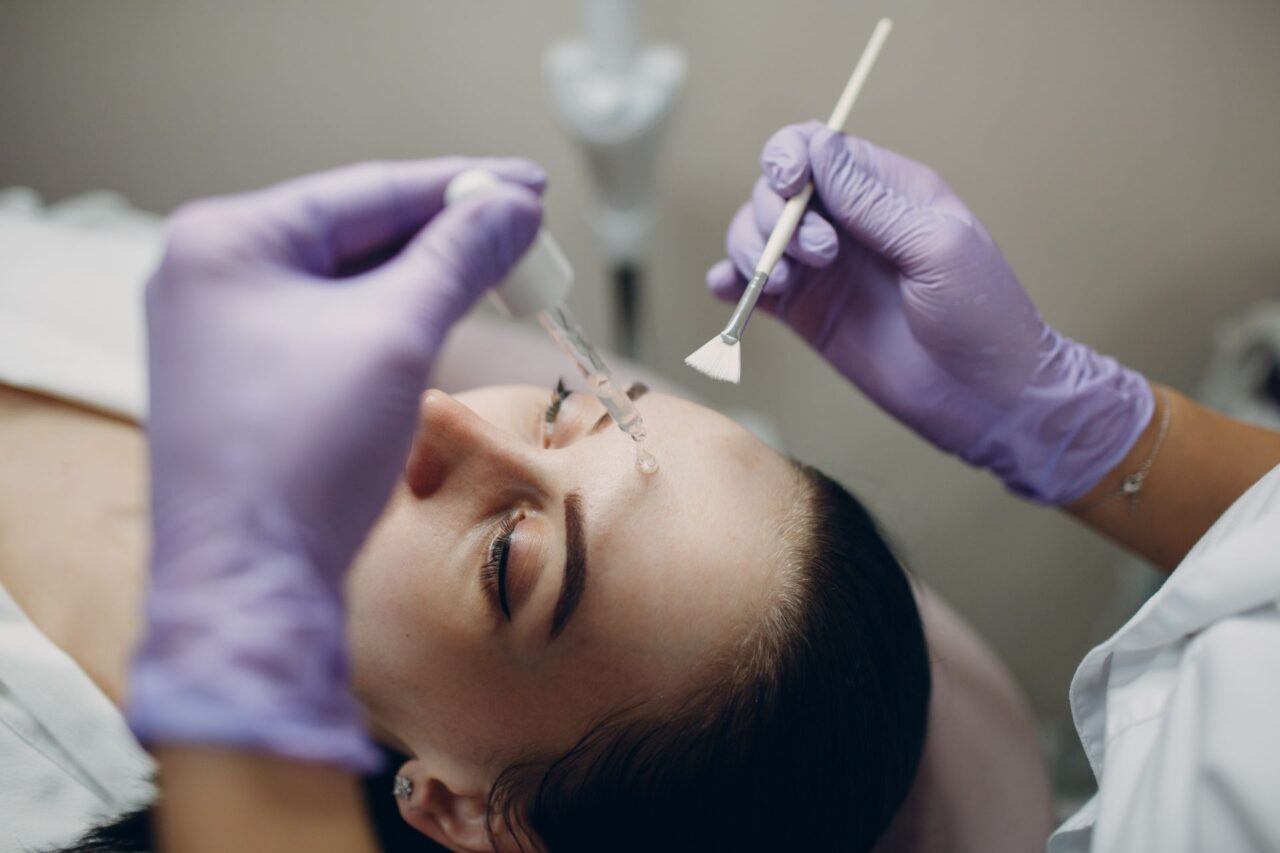Introduction to Hypochlorous Acid
Hypochlorous Acid, often abbreviated as HOCl, is a powerful yet gentle disinfectant and sanitizer that has garnered significant attention in the healthcare industry.

Understanding Hypochlorous Acid
Hypochlorous Acid is a weak acid that occurs naturally in the human body’s immune response system. It exhibits potent antimicrobial properties, making it effective against various pathogens.
History and Development
The history of Hypochlorous Acid dates back to the 19th century when it was first discovered. However, its practical applications in healthcare have gained momentum in recent years with advancements in technology.
Applications in Healthcare
Hypochlorous Acid has found diverse applications in healthcare settings, owing to its broad-spectrum antimicrobial activity and excellent safety profile.
Disinfection in Hospitals
Hospitals and healthcare facilities utilize Hypochlorous Acid for disinfecting surfaces, medical equipment, and even air, thereby minimizing the risk of healthcare-associated infections.
Wound Healing Properties
Hypochlorous Acid accelerates the wound healing process by promoting tissue regeneration and reducing the risk of infection, making it invaluable in wound care management.
Oral Hygiene and Dentistry
In dentistry, Hypochlorous Acid is utilized for oral hygiene maintenance, treating gum diseases, and as an adjunct to conventional periodontal therapies.
Ophthalmology
Ophthalmologists utilize Hypochlorous Acid for its antimicrobial properties in treating various eye conditions, including conjunctivitis and blepharitis.
Benefits in Revolutionizing Healthcare
The widespread adoption of Hypochlorous Acid in healthcare settings brings forth numerous benefits, revolutionizing conventional practices.
Enhanced Infection Control
Hypochlorous Acid offers superior infection control compared to traditional disinfectants, effectively eliminating pathogens while being safe for use around patients and healthcare workers.
Promoting Wound Healing
Its ability to promote wound healing and reduce inflammation contributes to better patient outcomes, especially in chronic wound management.
Reducing Antibiotic Resistance
The use of Hypochlorous Acid can help reduce the overreliance on antibiotics, thus mitigating the growing concern of antibiotic resistance.
Minimizing Hospital-Acquired Infections
By effectively eliminating pathogens on various surfaces and equipment, Hypochlorous Acid plays a crucial role in reducing the incidence of hospital-acquired infections.
Future Implications
The future implications of Hypochlorous Acid in healthcare are vast, with ongoing research and potential integration into daily medical practices.
Research and Development
Continued research and development efforts are aimed at exploring new applications and improving the efficacy of Hypochlorous Acid-based products.
Potential Integration in Daily Healthcare
There’s immense potential for integrating Hypochlorous Acid into everyday healthcare practices, ranging from routine disinfection to specialized treatments.
Challenges and Overcoming Barriers
Despite its numerous benefits, challenges such as regulatory hurdles and misconceptions need to be addressed to realize the full potential of Hypochlorous Acid in healthcare.
Regulatory Considerations
Regulatory bodies play a crucial role in ensuring the safe and effective use of Hypochlorous Acid-based products, necessitating compliance with stringent regulations.
Case Studies and Success Stories
Real-life case studies and success stories exemplify the transformative impact of Hypochlorous Acid in healthcare settings.
Real-Life Applications
Numerous healthcare facilities have reported significant reductions in infection rates after implementing Hypochlorous Acid-based disinfection protocols.
Testimonials and Feedback
Positive feedback from healthcare professionals and patients underscores the efficacy and safety of Hypochlorous Acid in various clinical settings.
Comparisons with Traditional Methods
Comparative analyses highlight the advantages of Hypochlorous Acid over traditional disinfectants and sanitizers.
Hypochlorous Acid vs. Chemical Disinfectants
Studies have demonstrated the superior antimicrobial efficacy of Hypochlorous Acid compared to conventional chemical disinfectants.
Effectiveness and Safety Comparison
Notably, Hypochlorous Acid offers comparable or superior effectiveness to traditional methods while being safer for users and the environment.
Cost and Time Efficiency
While initial investment costs may vary, the long-term cost-effectiveness of Hypochlorous Acid-based solutions outweighs that of traditional methods due to reduced reliance on antibiotics and decreased healthcare-associated infection rates.
Addressing Concerns and Misconceptions
Addressing common concerns and misconceptions surrounding Hypochlorous Acid is essential for fostering trust and widespread acceptance.
Safety Profile
Contrary to misconceptions, Hypochlorous Acid is safe for humans, animals, and the environment when used as directed, owing to its non-toxic nature.
Environmental Impact
Hypochlorous Acid is biodegradable and does not contribute to environmental pollution, making it an eco-friendly choice for disinfection.
Misinformation Challenges
Challenges stemming from misinformation necessitate clear communication and education regarding the safety and efficacy of Hypochlorous Acid.
Expert Insights and Recommendations
Healthcare experts provide valuable insights and recommendations for maximizing the benefits of Hypochlorous Acid in clinical practice.
Recommendations for Healthcare Providers
Healthcare providers are encouraged to incorporate Hypochlorous Acid into their infection control protocols and wound care regimens for improved patient outcomes.
Consumer Guidance
Consumers can confidently use Hypochlorous Acid-based products for various applications, knowing they are safe, effective, and environmentally friendly.
Research Directions
Future research endeavors should focus on elucidating the full therapeutic potential of Hypochlorous Acid and optimizing its formulations for enhanced efficacy.

Conclusion
In conclusion, Hypochlorous Acid represents a groundbreaking advancement in healthcare, offering unparalleled antimicrobial efficacy, wound healing properties, and safety profile. As research continues and regulatory barriers are addressed, the widespread adoption of Hypochlorous Acid holds immense promise in revolutionizing healthcare practices, ultimately leading to better patient outcomes and a healthier society.
FAQs
- Is Hypochlorous Acid safe for use around children and pets?
- Yes, Hypochlorous Acid is safe for use around children and pets when used as directed. Its non-toxic nature makes it ideal for household disinfection.
- Can Hypochlorous Acid be used on sensitive skin?
- Absolutely, Hypochlorous Acid is gentle on the skin and suitable for individuals with sensitive skin types. It is often used in skincare products for its soothing and antimicrobial properties.
- Does Hypochlorous Acid have any odor?
- No, Hypochlorous Acid is odorless, making it convenient for use in various settings without causing any unpleasant smells.
- Can Hypochlorous Acid be used for food sanitation?
- Yes, Hypochlorous Acid is approved for use in food processing and sanitation due to its effectiveness in eliminating harmful bacteria and pathogens.
- Is Hypochlorous Acid corrosive to surfaces?
- No, Hypochlorous Acid is non-corrosive and safe for use on a wide range of surfaces, including metals, plastics, and fabrics.
- Does Hypochlorous Acid leave any residue after application?
- No, Hypochlorous Acid evaporates quickly without leaving any residue, making it ideal for use in cleanroom environments and on sensitive equipment.




